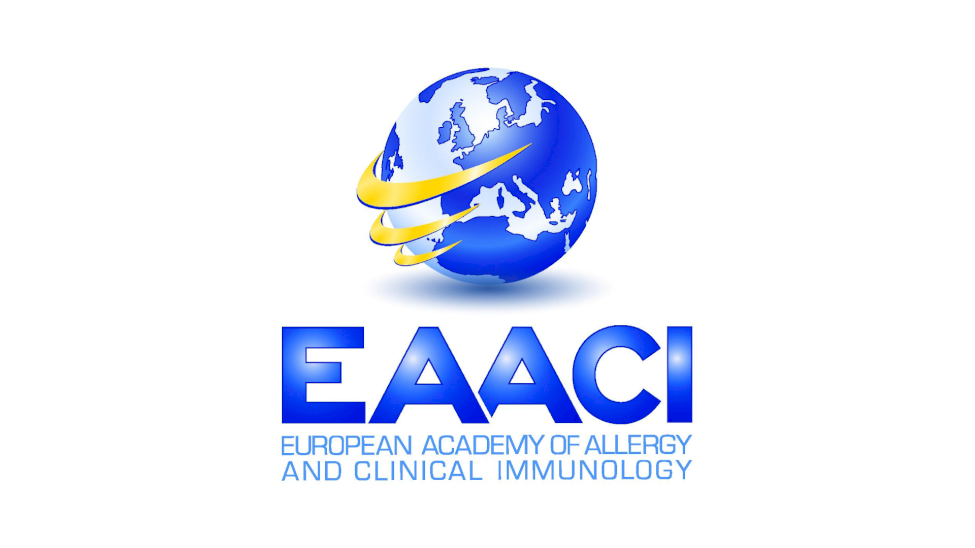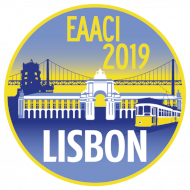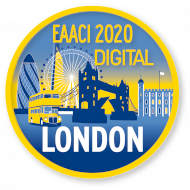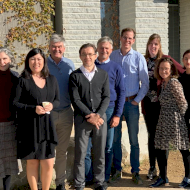An update of the survey of general practitioners conducted by the EAACI Working Group on Primary Care to improve current allergy educational needs gaps to better assist allergic disease management.
Last year, the EAACI Working Group on Primary Care invited the WONCA network to help us to identify how we can better assist you in allergic disease management by assessing your interest and educational needs on this topic, by means of a survey. Thank you for supporting us with this work. The aim was to update the current educational needs of European General Practitioners (GP’s). We considered that the new knowledge generated in this research would help to inform the development of future educational initiatives aimed at supporting the delivery of allergy services in primary care.
The survey was distributed in eight languages (English, Dutch, Italian, Spanish, Greek, Polish, French and German). WONCA and the National Primary Care European Countries based Scientific Societies disseminated the link, between September 2019 and November 2019. About 759 questionnaires were distributed by EAACI emailing the corresponding questionnaire link to them. Ninety nine percent (99.3%) of participants reported working within Europe. The results demonstrated that GPs were able to identify their needs and that knowledge and confidence differed between countries. The full results are to be published in the near future.
This study identified a clear need to improve allergy training at undergraduate and postgraduate level with some topics demonstrating greater need. Future research and practice in primary care could include clinical and research opportunities for potentially more feasible and cost-effective approaches to allergic diseases in PC settings, including upskilling of GP’s and use of telemedicine for screening/risk stratification provided by a GP with a specialist with an interest in allergy, linked to a regional allergy service for particular queries in this COVID-19 times. Allergic diseases present challenges which require close coordination between the different health professionals involved in its diagnosis and treatment.
Lack of investment in allergy services in PC settings around Europe has led to suboptimal recognition and management of allergy. Allergy education provision for GP’s is inadequate and fails to empower healthcare professionals to discern between allergy requiring full investigation and management, and those which can be safely managed in PC. Progress to improve PC training for allergy needs to be optimized to prevent further unnecessary referrals and long waiting lists.
Through teaching activities, research or the development of recommendations or consensus documents, the aim is to improve the quality of the practice and to re-evaluate the role of PC in the diagnosis and management of allergic diseases.
We would like to open a line of collaboration with the healthcare systems, to move everything that can improve the prevention, management, diagnosis and treatment of allergic diseases in our areas and make the system more sustainable and accessible and with greater coverage for the citizens.
The EAACI Working Group in Primary Care with this study have identified the concerns of the stakeholders: doctors, patients, primary care the scientific community, health systems and society in general.
EAACI is currently developing an e-learning platform to facilitate improve allergy care and redefine the role of PC in the diagnosis and management of the allergic diseases. Challenges in the implementation of allergy educational activities among PC healthcare systems are even more challenging in the times of COVID. The role of EAACI as a scientific society is to facilitate communication between all levels of care, with a collaborative approach. Research or the development of recommendations or consensus documents between stakeholders will be needed to reach a common global approach with local adjustments in differing health economies.
The competencies in the field of allergy, recommended future research and new analysis may serve as a reference for what can be expected from primary care GP’s. Finally, more integrated specialized care - PC settings, especially in this new digital era precipitated by COVID-19 is needed, and would clearly benefit the care received by allergy patients on a broader scale.
Martha Cabrera. MD, PhD.
Project Lead Researcher and Task Force Chair.
On behalf of the EAACI Working Group on Primary Care
One of the other EAACI initiatives undertaken and led by Dermot Ryan was to create a task force to develop diagnostic decision aids for primary care and others not allergy trained. Five areas were chosen: Asthma, anaphylaxis, drug allergy, food allergy and urticaria. One of the tasks we face in primary care is differentiating allergic from non-allergic symptoms and understanding which patients need some and which no investigations which can only be done with a sound diagnostic approach. The interdisciplinary task force was made up of GPs from the United Kingdom, Sweden, Netherlands, France, allergists from France and Poland and a research scientist from the Netherlands as in our photograph below. Briefly the methodology was to iteratively distil key points from existing well recognised guidelines and present them in a readily accessible and comprehensible form. This work is well advanced. It is anticipated that they will be free to access on the EAACI e-learning platform, but other methods of dissemination will be investigated.
EAACI will continue to work with WONCA as a special interest group and help support the WONCA Europe programme, and also by adding content to the WONCA Europe website. EAACI is embarking on creating e-learning in allergy for all health care workers including those in primary care some of which will be open access and others via a payment system. We will share more information on this in due course. Junior Membership of EAACI is free for those under 35, please see this link if you are interested: https://www.eaaci.org/membership.html.





